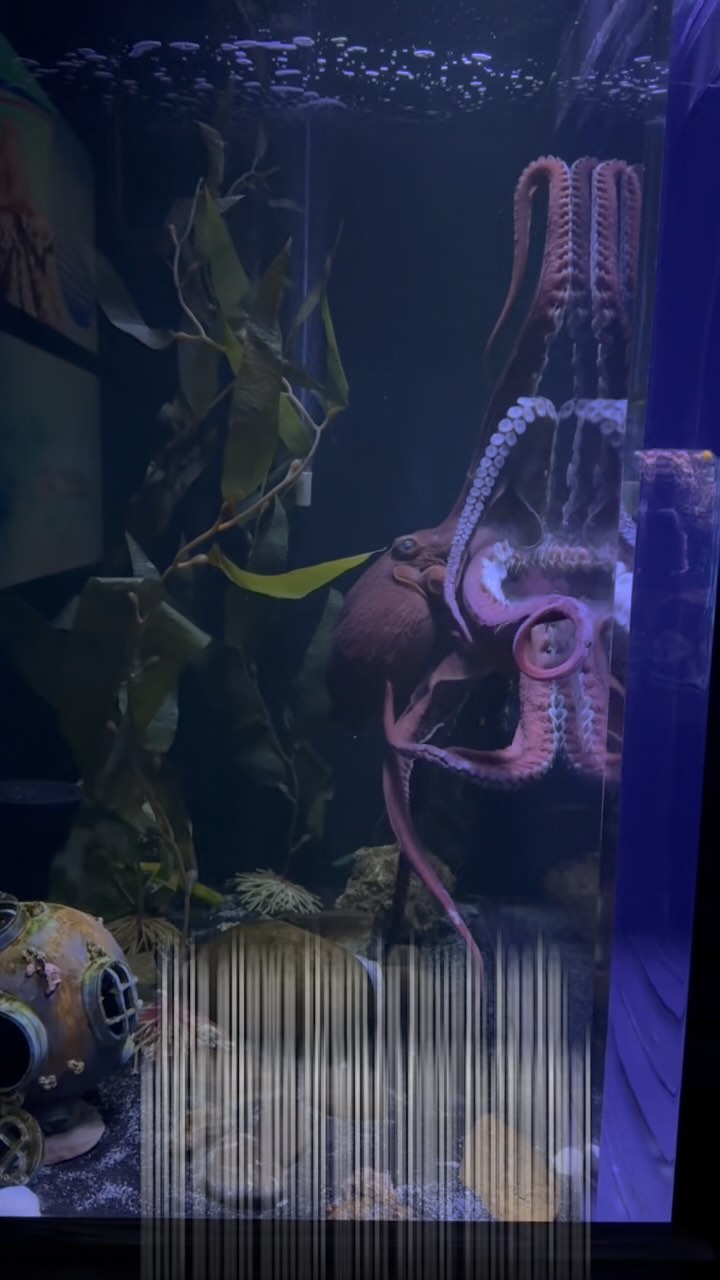- Understanding octopus intelligence and the distribution of neurons.
- The physiology and functionality of octopus arms.
- Implications of octopus behavior for zoology and neuroscience.
- Conservation approaches and ethical considerations for octopus habitats.
- The role of aquariums and living galleries in octopus education and conservation.
Octopuses are remarkable creatures with complex behaviors and impressive intelligence. They share a remarkable neural capacity comparable to that of canines, possessing approximately 500 million neurons. What distinguishes them is that over two-thirds of these neurons are dispersed in their arms. This unique distribution enables each arm to function semi-independently, allowing an octopus to touch, taste, and smell its environment. Delving into the intellect and anatomy of octopuses offers fascinating insights into their capabilities.
The octopus arm is an embodiment of sensory and motor coordination. Each arm can execute individual tasks thanks to an intricate network of neurons, acting almost like brains within themselves. This decentralized nervous system allows flexibility, adaptability, and multitasking capabilities unheard of in many animals. Octopuses display problem-solving skills, memory, and instinctual behaviors that suggest a sophistication comparable to higher vertebrates. For scientists, the octopus provides an extraordinary case study in distributed intelligence, expanding our understanding of neural structures that could have implications in robotics and AI development.
Behavioral studies show octopuses can swiftly learn through observation and adapt to changing environments. They solve puzzles, navigate mazes, and have even been known to escape enclosures with deft ingenuity. This behavioral versatility challenges the traditional hierarchy in animal intelligence. Zoologists recognize the octopus not only for its sensory and cognitive abilities but also as an inspiration for inclusive definitions of intelligence, encouraging a broader understanding of diverse forms of cognition.
Protecting octopus habitats is crucial. With oceans facing ecological threats such as pollution and climate change, conserving these intelligent creatures requires sustainable practices and habitats. Marine protected areas are essential for providing safe environments where octopuses can thrive. Ethical considerations include regulating fishing practices and promoting conservation awareness. By appreciating the ecological roles octopuses play, conservationists advocate for policies that safeguard their natural environments.
Aquariums and living galleries provide unique opportunities for education and conservation. They offer people the chance to witness the wonders of octopus behavior in controlled environments. Educational programs in these venues can promote awareness and understanding of marine biology, highlighting the importance of ocean conservation. By showcasing the octopus, these institutions challenge visitors to rethink intelligence and engage in conservation efforts actively.
Octopuses inspire awe and curiosity. With their distributed intelligence, these cephalopods challenge preconceptions and fuel scientific inquiries. Understanding their biology and behavior enhances our appreciation of biodiversity and underscores the importance of sustainable marine practices. By fostering an informed and conservation-minded society, we can ensure these magnificent creatures continue to intrigue future generations.
*****
Source Description
Eight arms, endless brainpower! 🐙
Octopuses have as many neurons as a dog—but most of them are in their arms! That means they can touch, taste, and even smell with their tentacles.
Ready to meet a brilliant cephalopod up close? Visit the Living Gallery and see one for yourself!

